(Reuters): Israeli Prime Minister Benjamin Netanyahu announced on Tuesday that the ceasefire in Gaza would end if Hamas did not release hostages by midday Saturday. He declared that if the hostages were not freed, Israel would resume intense military operations until Hamas was completely defeated.
Hamas reiterated its adherence to the ceasefire after Netanyahu's ultimatum and charged Israel with jeopardizing the truce. Previous hostage releases had been halted by the extremist organization, which claimed Israel was breaking the conditions of the deal.
Following a meeting with important ministries, including those in charge of national security, foreign policy, and defense, Netanyahu made his declaration. "They fully supported my decision to set the deadline for Hamas," he said.
As part of a ceasefire agreement that started on January 19, Hamas has been progressively releasing hostages throughout the last 16 months of the conflict. Hamas, however, said Monday that it would not free any additional prisoners unless Israel complied with the conditions of the ceasefire.
Netanyahu did not specify whether Hamas needed to release all remaining hostages or just the three who were scheduled to be freed under the truce. His office did not respond to requests for clarification.
U.S. President Donald Trump, a close ally of Israel, also urged Hamas to release all hostages by Saturday. He warned of severe consequences if the captives were not freed.
Netanyahu also instructed the Israeli military to prepare for a resumption of fighting. Shortly after, the Israel Defense Forces (IDF) deployed additional troops to southern Israel and called up reservists.
A senior Hamas official, Sami Abu Zuhri, dismissed threats from Trump and Netanyahu, stating that Israeli hostages would only be released if the ceasefire agreement was honored. He criticized Trump’s remarks, saying that both parties must respect the deal.
Israel has been charged by Hamas with breaking the ceasefire by murdering Palestinians and blocking the delivery of humanitarian goods. According to the gang, these acts support its resolve to stop releasing hostages.
Israel has maintained that it solely targeted those who disregarded instructions not to approach Israeli forces and denied withholding aid.
Of the 33 captives scheduled for release under the ceasefire's initial phase, 16 have already been released. Five Thai hostages were also surprisingly released by Hamas.
In return for the hostages, Israel has released hundreds of Palestinian prisoners and detainees. Among them are individuals serving life sentences for deadly attacks and others detained without formal charges during the war.
Netanyahu was urged to maintain the truce by an Israeli group that represents the relatives of the hostages, stating that "we must not go backward" and that the lives of the detainees depended on it.
Israeli media reports that there are still 76 hostages in Gaza, with over 35 of them thought to be dead. The families of the prisoners are still advocating for their diplomatic release.
Food, water, and shelter are all in limited supply in Gaza, which is still experiencing a severe humanitarian crisis. The heavily inhabited enclave has been destroyed by the war and is in dire need of outside assistance.
The Gaza Health Ministry reports that more than 48,000 Palestinians have been killed since the conflict began. Nearly all of Gaza’s 2.3 million residents have been internally displaced.
On October 7, 2023, Hamas conducted a surprise attack on southern Israel, killing almost 1,200 people and seizing 250 captives. This marked the beginning of the conflict. Israel launched a full-scale military offensive in retaliation.
In the face of persistent tensions, Trump has suggested that the United States should annex Gaza and expel its Palestinian citizens, turning the region into the "Riviera of the Middle East."
Trump's plan has received acclaim from Netanyahu, and Israel's security council formally approved it on Tuesday. Compared to decades of U.S. policy that favored a two-state solution, this represents a substantial change.
Palestinians and Arab officials are furious about Trump's plan because they believe it will permanently uproot the people of Gaza. Many see it as a contemporary Nakba, alluding to the 1948 mass exodus of Palestinians.
Forcible displacement of occupied populations is considered a war crime under the 1949 Geneva Conventions. Critics argue that Trump’s plan would violate international law.
Trump reiterated his stance during a meeting with Jordan’s King Abdullah II at the White House, despite strong opposition from Washington’s Arab allies.
He proposed resettling Palestinian refugees in Egypt, Jordan, or another country. Egypt, however, swiftly dismissed the plan, declaring that it would not give land to the displaced people of Gaza.
Trump's proposal was also denounced by North Korea, whose official media accused Washington of destabilizing the area and engaging in extortion.
The idea of expelling Palestinians from Gaza and the West Bank has long been supported by Israeli ultra-nationalists. Jordan, in particular, views Trump’s plan as a direct threat to its stability.
Gazans interviewed by Reuters expressed anger over Trump’s remarks, questioning how conditions could become worse than the current devastation in Gaza.
Trump's comments prompted Rafah resident Jomaa Abu Kosh to wonder, "Hell worse than what we have already? There is nowhere in the world that compares to the devastation and human atrocities in Gaza.
With Israel planning for new military operations and Hamas certain that hostages won't be released until Israel fulfills its obligations, tensions are still rising as the truce deadline draws near.
The fate of the hostages, the displaced Palestinians, and the larger geopolitical position are all at stake, and the crisis is still at a turning point.

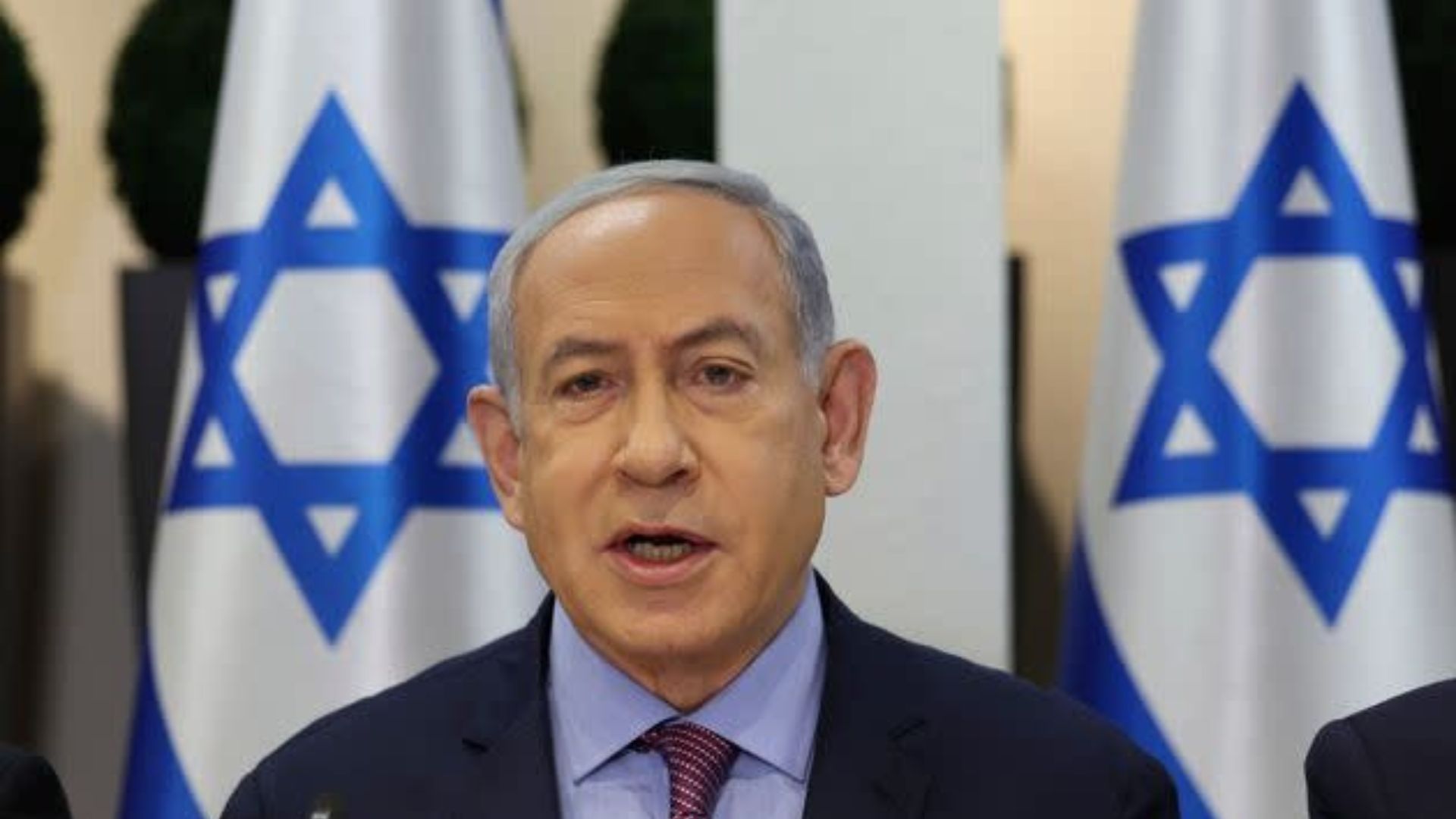









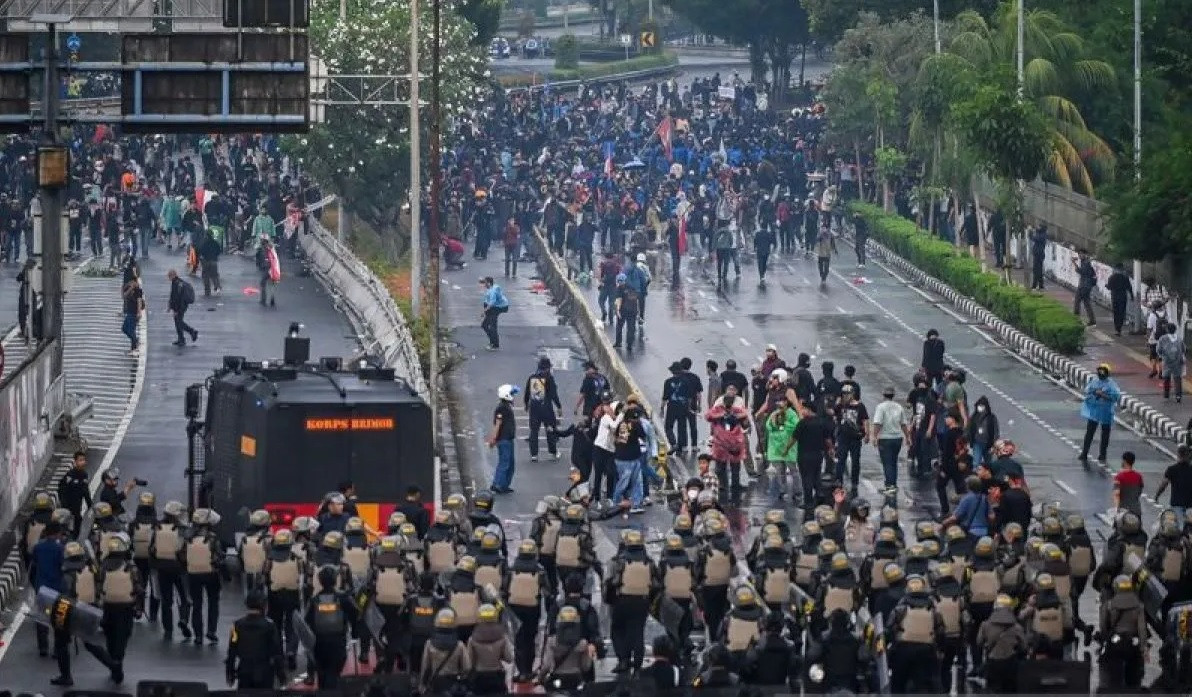
.jpg)
.jpeg)
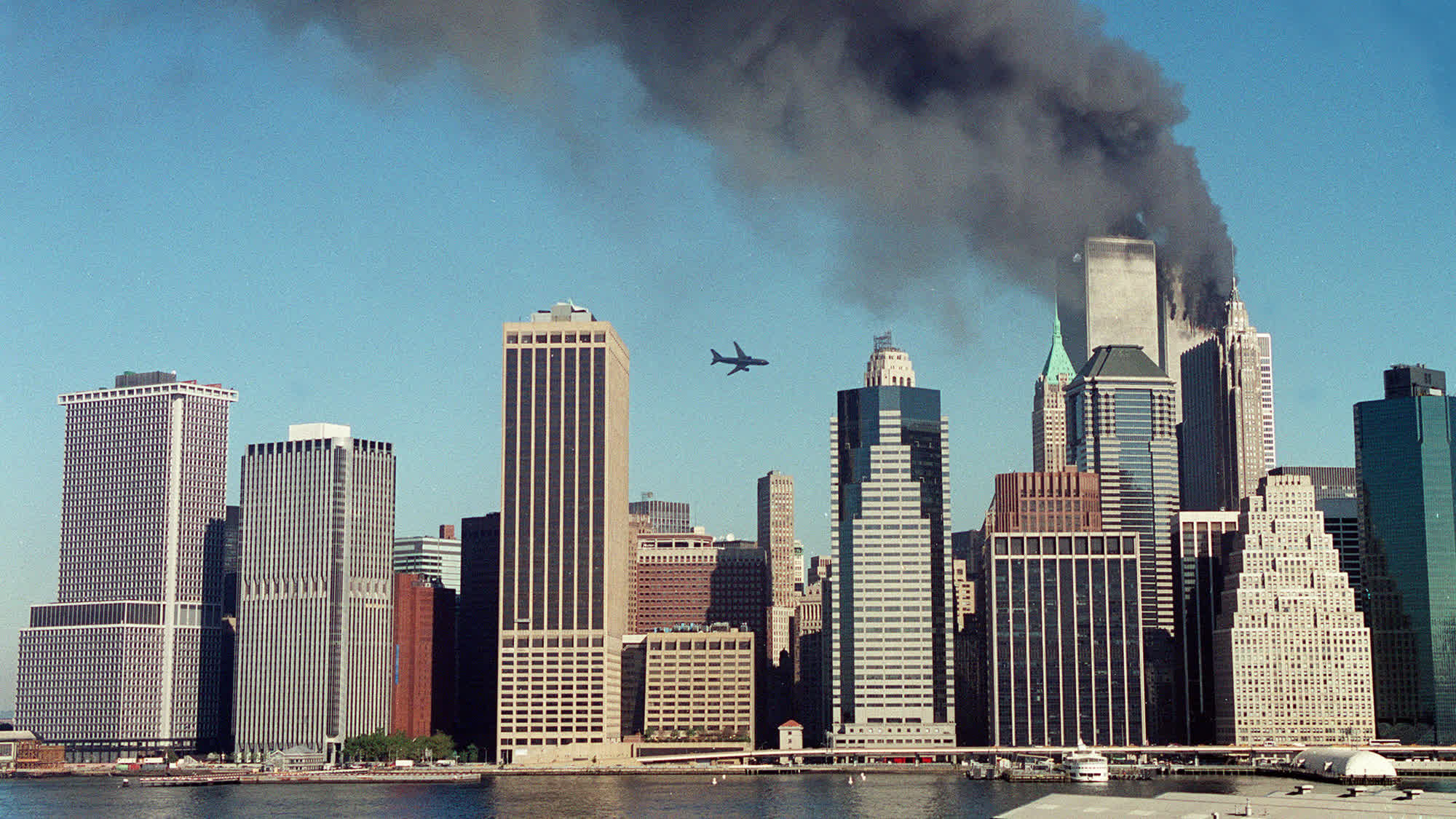
.jpg)
-(1).jpg)
.jpg)
.jpg)
.jpg)
.jpeg)
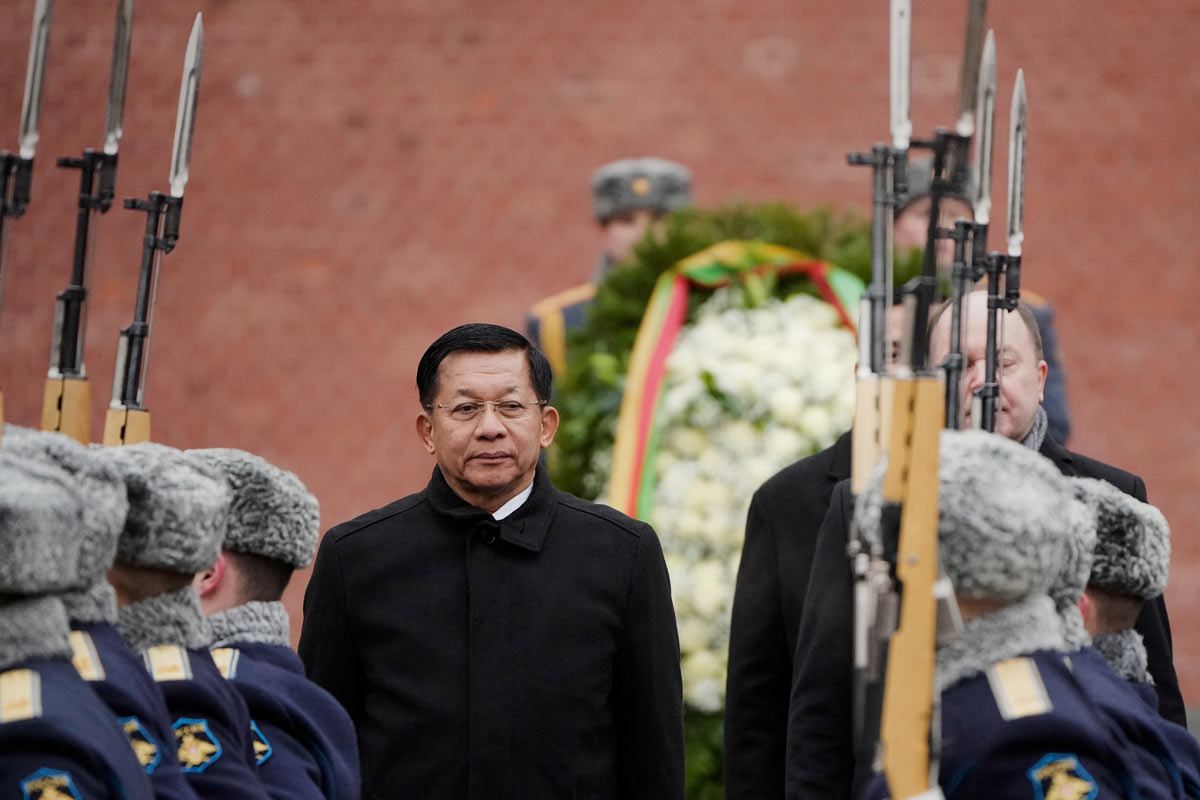
.jpg)
.jpg)
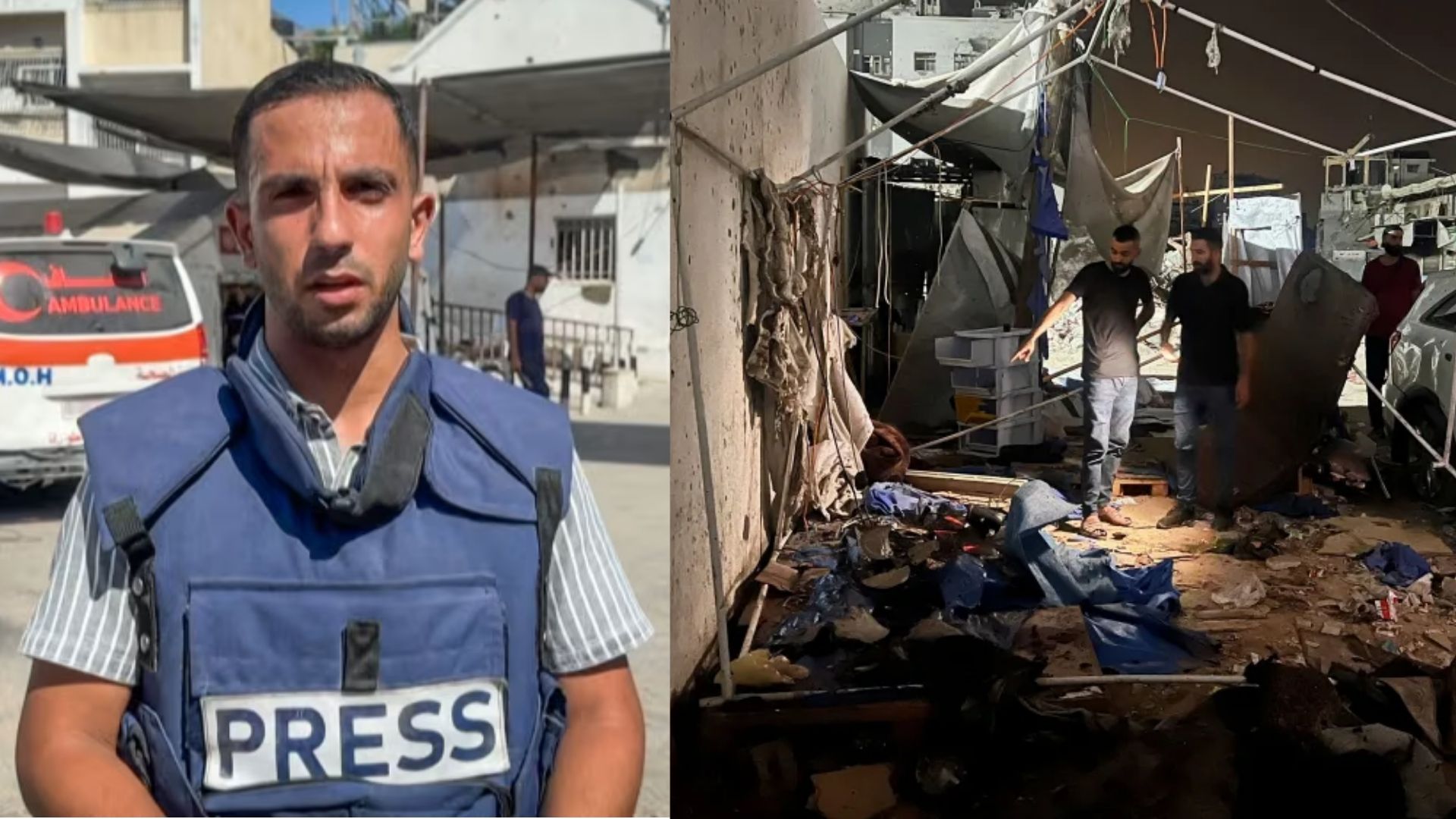
.jpg)
.jpg)
.jpg)
.jpg)

